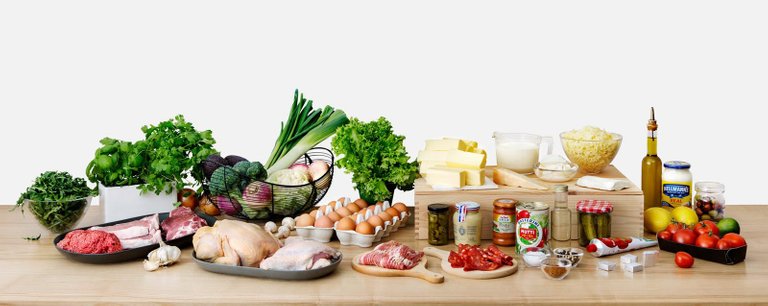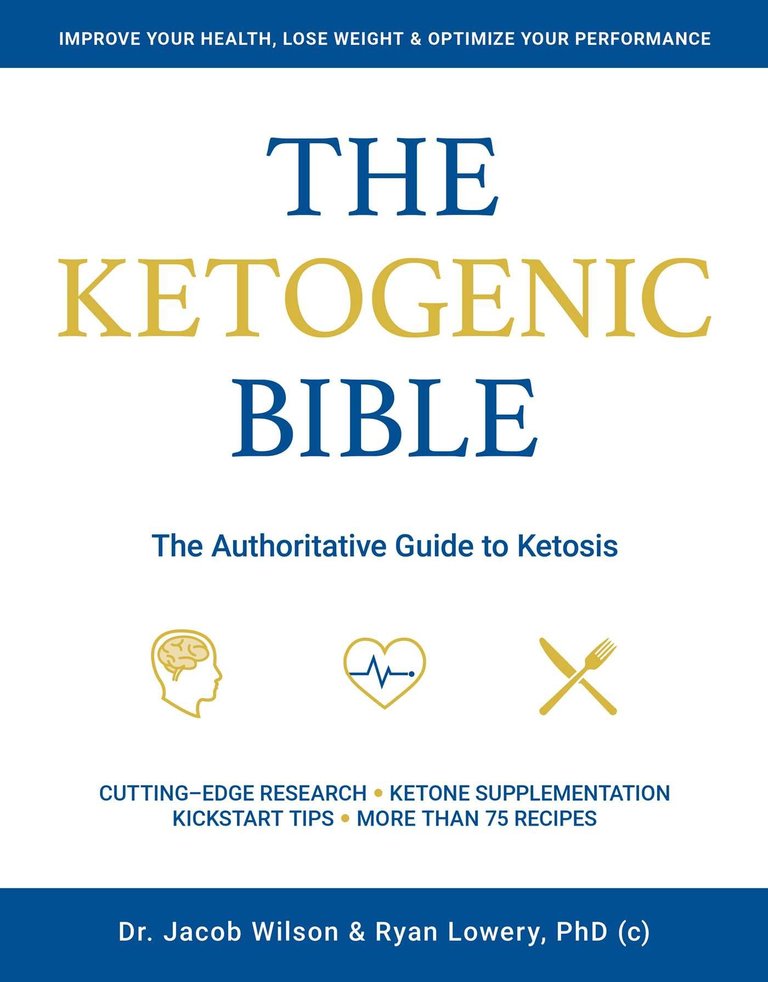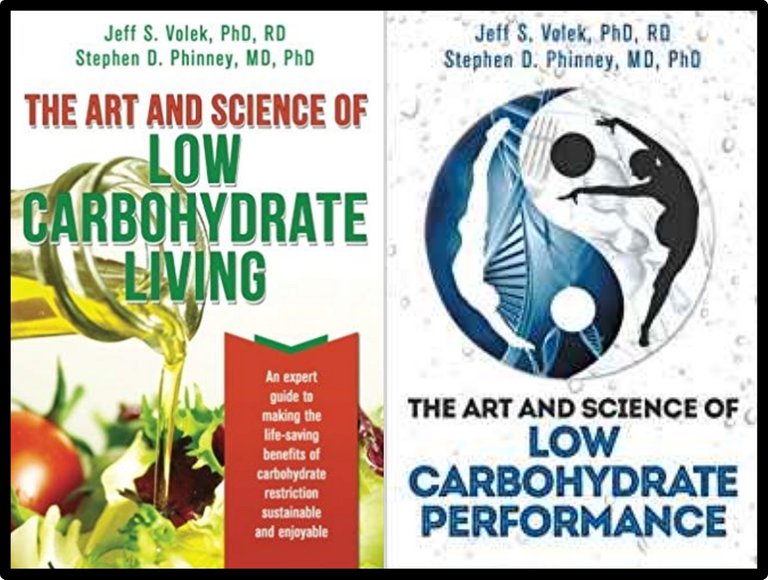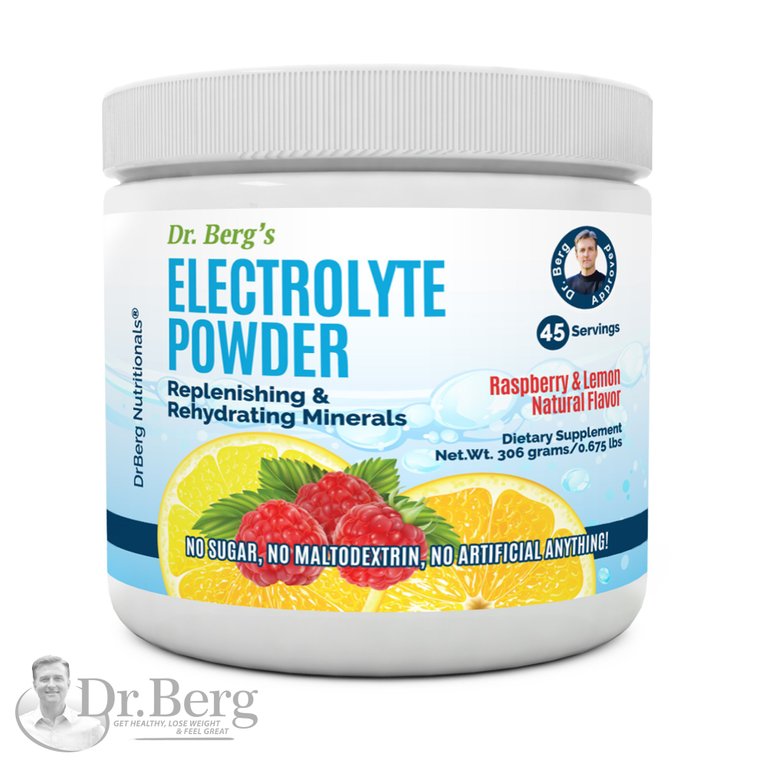
Perhaps the best way to embrace the Ketogenic Diet is to just do it. But while it is true that you can start today without any preparation, that is not how I did it. When I first heard of the Ketogenic Diet, my immediate reaction was to hit the books and start researching. It was only after several weeks of research that I decided I had to give it a go. This is the route I recommend. I would also be remiss if I did not add that if you have any underlying medical issues—diabetes, obesity, high blood pressure, etc—you should consult your doctor before making a radical change to your daily regimen. (Disclaimer: I’m an idiot. Don’t take medical advice from me!)
- Do your research
- See your doctor if you have any underlying medical issues
- Pick a date
- Jump in
Online Research
There is a wealth of information available online on the subject of the Ketogenic Diet. Not all of it is necessarily accurate, and much of it is purveyed by enthusiastic amateurs like myself. Finding a good and reliable source of information, especially one that is targeted at the complete novice, can be quite a challenge. The best I can do is tell you what sources I found particularly helpful and encouraging.
In Part 1 of this series, I recommended several YouTube channels, some of which are hosted by medical professionals. If I had to pick just one of these for the novice who is curious about the Ketogenic Diet and is looking for a reliable and comprehensive source of information, I would probably opt for Dr Ken D Berry’s channel:
Dr Berry is a Board Certified Family Physician with more than ten years of practice behind him. He has treated over 20,000 patients in his clinic and has, in his own words, declared all-out war on the diabetes & obesity epidemics currently hurting our world. His combination of credible research, clinical experience and common sense makes for a channel that is engaging and accessible to all. You might start by watching his playlist Keto 101.
Books
Before making the switch to the Ketogenic Diet, I read just one book on the subject:
- Jacob Wilson, Ryan P Lowery The Ketogenic Bible: The Authoritative Guide to Ketosis, Victory Belt Publishing, Las Vegas (2017)
The authors are not only enthusiastic supporters of the Ketogenic Diet, but also pioneers in the field of clinical research into ketosis and the Ketogenic Diet. They are not medical doctors: their area of expertise is in sports medicine. This book, however, was not written with the athlete in mind. It provides a broad and wide-ranging introduction to the Ketogenic Diet, with particular emphasis on its therapeutic applications. The authors are convinced that while the diet is a safe and healthy regimen in itself, it can also prevent a whole range of diseases, alleviate their symptoms and even cure them.

Since adopting the Ketogenic Diet, I have read two more books on the subject:
Jeff S Volek, Stephen D Phinney, The Art and Science of Low Carbohydrate Living, Beyond Obesity LLC (2011)
Jeff S Volek, Stephen D Phinney, The Art and Science of Low Carbohydrate Performance_, Beyond Obesity LLC (2012)
Jeff Volek is a dietitian-scientist, while Stephen Phinney is a medical doctor who specializes in sports medicine. The first of these books I found quite dry and technical. It too places an emphasis on the clinical applications of the Ketogenic Diet. The authors freely admit that their primary target audience comprises health care professionals rather than laypeople, though of course the latter are also encouraged to read this book. The accompanying volume was written with athletes and trainers in mind. I found it largely polemical rather than prescriptive. That is to say, it was primarily written as an apology for the Ketogenic Diet, arguing that such a diet can form part of the serious athlete’s training program without leading to a drop in performance. It does not contain any actual training programs for, say, running a competitive Marathon while following the Ketogenic Diet. Nevertheless, I would still recommend it as an essential part of the Ketogenic Marathon Runner’s library.

Keto Flu
Before embracing the Ketogenic Diet, it is probably wise to be prepared for the so-called Keto-Flu. This is a loose term used in the community to describe a set of symptoms commonly experienced by the newbie during the first few days or weeks of their new diet. These symptoms include:
- Headaches
- Nausea
- Fatigue and Lethargy
- Weakness
- Lightheadedness
- Constipation
- Diarrhoea
It is generally accepted now that the primary cause of the Keto-Flu is natriuresis:
High carbohydrate diets make the kidneys retain salt, whereas low carbohydrate intake increases sodium excretion by the kidneys (called ‘the natriuresis of fasting’). Hunting cultures seemed to understand this, and thus their highly evolved practices of finding sodium and consuming enough of it to maintain health and well-being (Volek & Phinney 2011:20)
The best way to avoid the Keto-Flu is to increase your daily intake of salt—specifically sodium—and stay well hydrated. You need to forget everything you have been told about salt being bad for you. When you are following the Ketogenic Diet, it is very difficult to consume too much salt. If you get into the habit of salting your food to taste and not worrying about the hardening of your arteries or heart disease, you should be okay. Volek & Phinney, however, recommend that you include 1 or 2 cups of bouillon or broth in your daily schedule, to which they add the following advice: on days that you exercise, take one dose of broth or bouillon within the hour before you start.
I was quite aggressive in my salt intake during my transition into the Ketogenic Diet, and as a consequence I did not suffer from the Keto-Flu. I do not follow Volek & Phinney’s advice. Instead, I have a bag of Himalayan pink salt beside my desk; a regular intervals throughout the day, I lick my finger, dip it into the bag of salt, and lick the salt off it. This practice and the liberal salting of my food ensure that I do not suffer from any sodium deficiency.
I might also add a word about the other electrolytes. These are water-soluble minerals that the body requires on a daily basis: sodium, potassium, magnesium, calcium and chloride are the principal electrolytes. Several sources I consulted recommend taking electrolyte supplements during the initial transition into the Ketogenic Diet, or even on a daily basis after you have become keto-adapted. Other sources advise against such supplements unless you find you are suffering from specific ailments associated with electrolyte imbalance or deficiency—such as muscle cramps when you exercise.
I agree with the latter advice. I believe that if you are following a well-balanced Ketogenic Diet, are liberally salting your food, and are keeping yourself well hydrated, you should be ingesting all the electrolytes you need on a daily basis. This even applies to the active athlete. Most of the symptoms associated with an electrolyte deficiency will also affect you if you have an electrolyte excess. Another problem with taking electrolyte supplements is that the body maintains balances between different electrolytes. For example, if you have an excess of magnesium, you will probably also be deficient in calcium, and vice versa. You are better off relying on a healthy, well-balanced diet for your electrolytes and avoiding supplements unless they are prescribed for you by your doctor.
I do, however, take an electrolyte supplement on race days—just to make sure that they are not going to be an issue during the race, whether that be a 5K or a Marathon. My choice of supplement is Dr Berg’s Electrolyte Powder, which is sold by the owner of one of YouTube’s most popular keto channels.

In the next article, we will look in more detail at the foods I will be eating on the Ketogenic Diet and the ones I will be avoiding.
So there’s much to learn.
References
- Jacob Wilson, Ryan P Lowery, The Ketogenic Bible: The Authoritative Guide to Ketosis, Victory Belt Publishing, Las Vegas (2017)
- Jeff S Volek, Stephen D Phinney, The Art and Science of Low Carbohydrate Living, Beyond Obesity LLC (2011)
- Jeff S Volek, Stephen D Phinney, The Art and Science of Low Carbohydrate Performance_, Beyond Obesity LLC (2012)
Image Credits
- Ketogenic Foods: © 2019 Diet Doctor, Fair Use
- The Ketogenic Bible: © Jacob Wilson & Ryan Lowery, Fair Use
- The Art and Science of Low Carbohydrate Living: © Jeff S Volek, Stephen D Phinney, Fair Use
- The Art and Science of Low Carbohydrate Performance: © Jeff S Volek, Stephen D Phinney, Fair Use
- Dr Berg’s Electrolyte Powder: © DrBerg.com, Fair Use

fanastic post friend good congratulations
very good sport posts..keep it up.